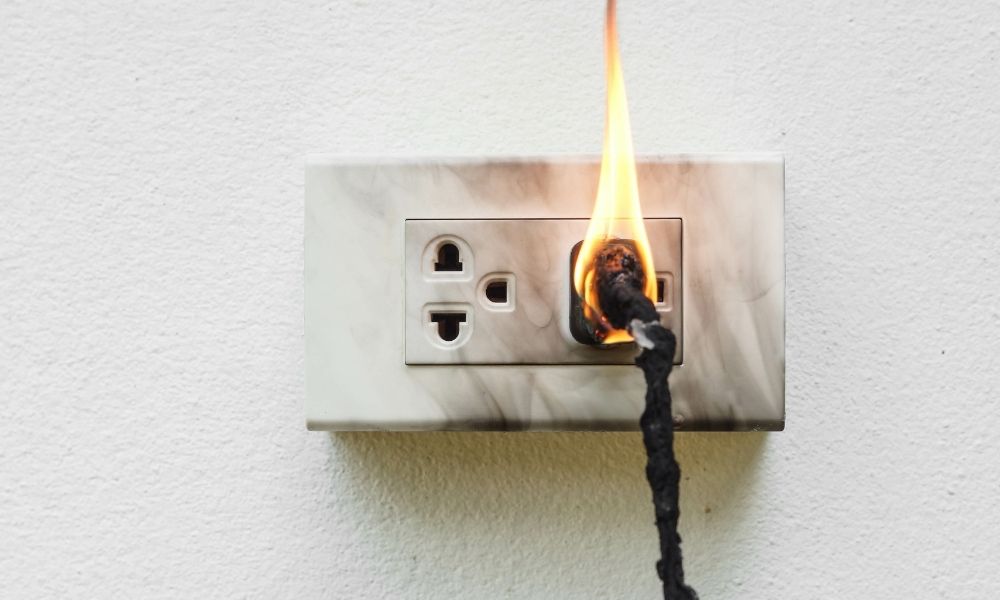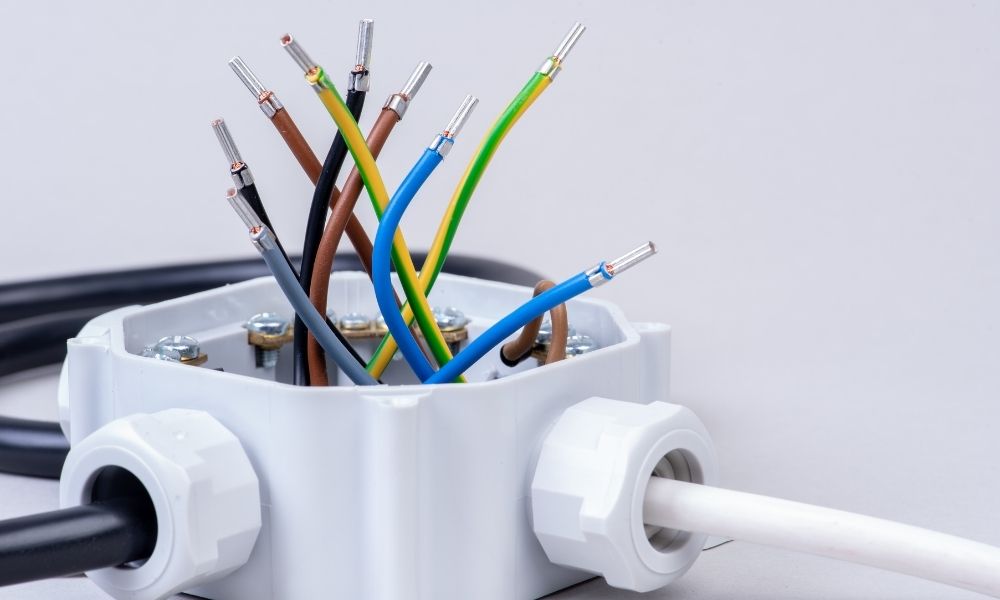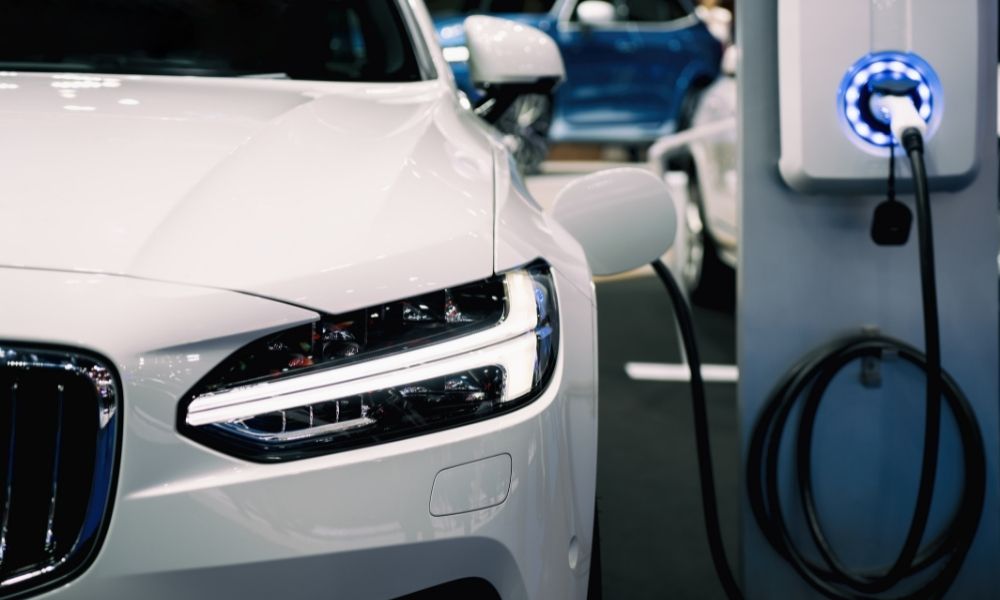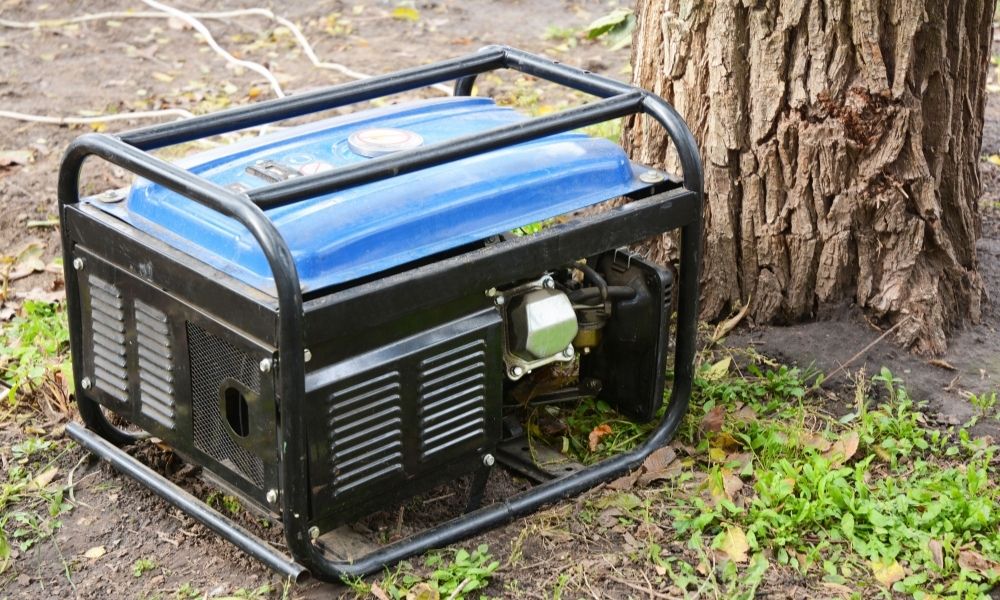A fire in your home is no joke, and avoiding one isn’t as simple as remembering to take your food out of the oven. Often, fires can start inside of your home’s electrical system. If you think your home may be at risk of this, keep reading to find out the top three causes of electrical fires and how to prevent them.
Old Wiring
Many electrical fires result from outdated electrical wiring. Old houses might not have enough electrical wiring to support modern products like computers, 4K TVs, gaming consoles, and air fryers. The antiquated wiring is too old to be able to support the higher power loads. Older wiring can be flammable, particularly when it heats up fast. It might be difficult to determine if your home has antiquated and hazardous wiring, as it is usually concealed behind the walls. But bear in mind that wiring failures pose a great risk of fire. Get an electrician to undertake a meticulous evaluation of your electrical system, including your wires, external power panels, and outlets. Because this is the top cause of electrical fires, it’s important to know how to prevent it.
Too Many Extension Cords
Extension cords are a huge fire threat when left unrestricted. When too many appliances connect to one extension cord, the load of the appliances might overload a single outlet and cause it to short circuit. An overloaded circuit means there is a chance of a fire in your home. Making a concentrated effort to avoid overloading your outlets is so crucial. When your home’s electrical needs exceed your capacity for outlets, call an electrical repair service to ensure that you protect your own and your family’s safety.
Space Heaters
When using space heaters, make sure to remember where you placed them and avoid leaving them on for long periods of time, like when you are asleep or away from home. One of the leading causes of fires is placing portable heaters near drapes, rugs, beds, couches, and other flammable items. Using a radiator-type space heater that emits heat throughout the entire appliance is recommended, as opposed to one that only emits heat from the middle. It is better to be safe than sorry, and these products should stay separate from combustible objects. You should plug it in directly to a wall outlet, just like you would with other appliances. Keep in mind that you should only use heaters in the way they are intended, and it is important to turn the heat off when you leave the room.






